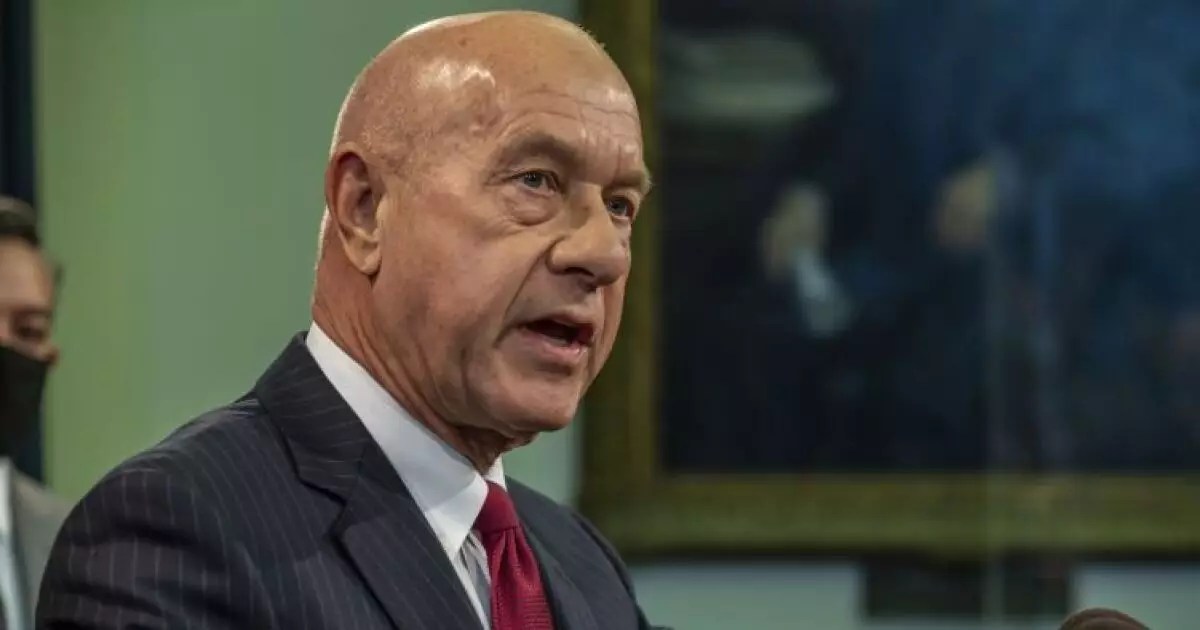In an era where municipal budgets are under constant scrutiny, Houston’s leadership is taking decisive steps to address the city’s ongoing financial challenges. On Wednesday, city officials presented a strategic roadmap aimed at saving millions in the upcoming fiscal 2026 budget. This initiative is driven not only by the need to balance the budget but also to foster transparency and accountability within city operations.
The cornerstone of Houston’s financial reform is based on a comprehensive efficiency study conducted by Ernst & Young, commissioned last year. Mayor John Whitmire emphasized that the implementation of the study’s findings is crucial for enhancing the city’s operational effectiveness and service delivery. By prioritizing operational efficiencies, the administration hopes to cultivate public trust and potentially garner support for additional revenue measures. Whitmire believes that enhanced efficiency can pave the way for a transparent budget, directly impacting citizens’ perception of local governance.
As of July 1, the onset of fiscal 2025 revealed a staggering $7.3 billion all-funds budget for Houston, with a general fund expenditure amounting to $3.03 billion. The city’s dependency on its general fund balance to bridge a significant budget gap raises alarms, especially as Fitch Ratings and S&P Global Ratings downgraded their outlook on Houston’s AA ratings to negative. This reflected broader market concerns regarding diminishing reserves and budget elasticity. The city’s fiscal situation was further complicated by a recent settlement with firefighters leading to substantial increases in wages that could strain future budgets.
Compounding these financial burdens is a court ruling from 2019 which mandates that Houston allocate a minimum of $100 million annually toward drainage and road maintenance. This requirement is likely to exacerbate the anticipated deficits for the city. With projected deficits exceeding $300 million for fiscal 2025, the need for immediate and effective fiscal strategies is paramount. Controller Chris Hollins highlighted this precarious position and reiterated the city’s obligation to reassess spending and address inefficiencies.
In light of these challenges, Mayor Whitmire has estimated that the efficiency study might yield spending reductions between 5% and 15%. However, he underscored that this transformation will require time and effort, comparing it to a gradual process rather than a quick fix. Both the mayor and Controller Hollins are calling for the establishment of an emergency task force intended to confront Houston’s growing financial issues head-on. This proactive approach reflects recognition of the urgency and complexity of the situation.
As Houston navigates through these turbulent fiscal waters, the commitment to operational efficiency and accountability stands as a promising strategy for restoring financial health. The successful implementation of the Ernst & Young study could signify a turning point, enabling the city not only to manage its budget effectively but also to lay the groundwork for sustainable growth. The forthcoming months will be pivotal in determining the city’s ability to overcome these hurdles and reinforce public trust in municipal governance.


Leave a Reply